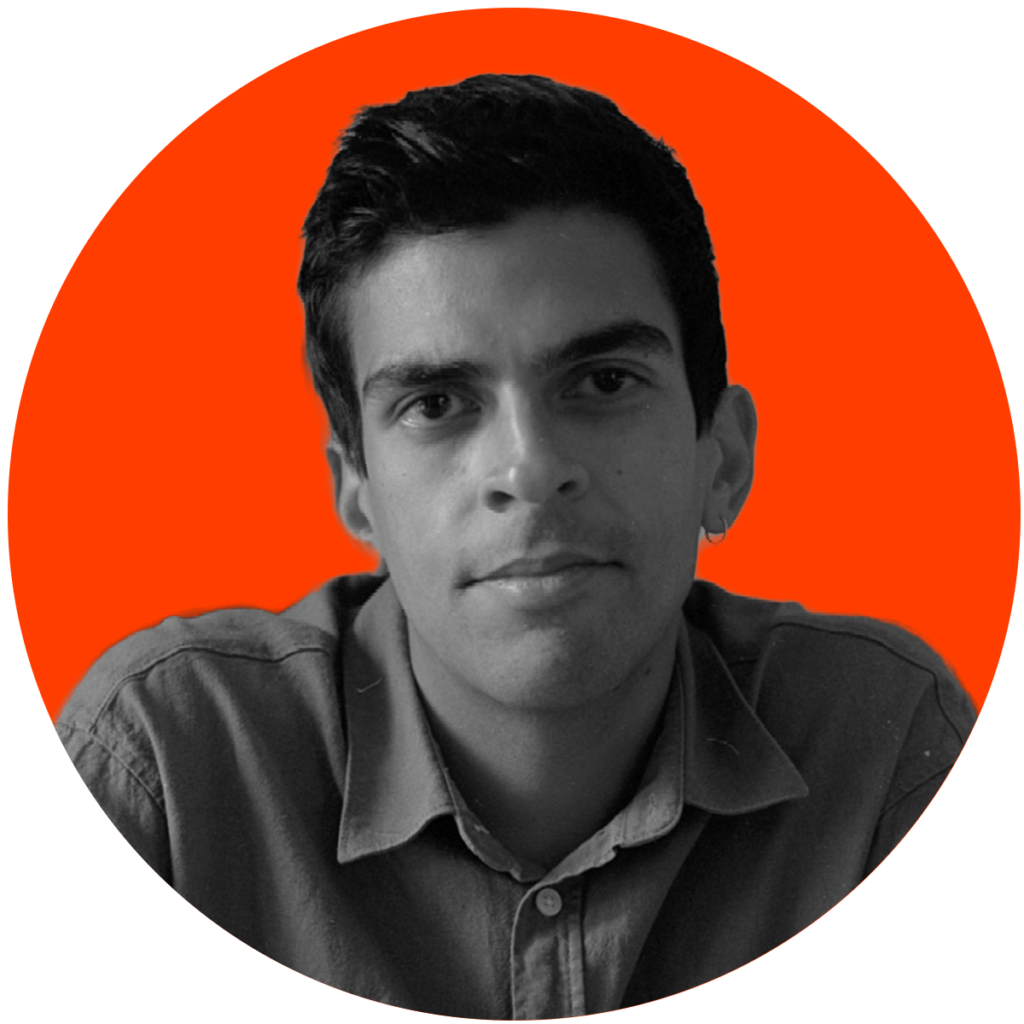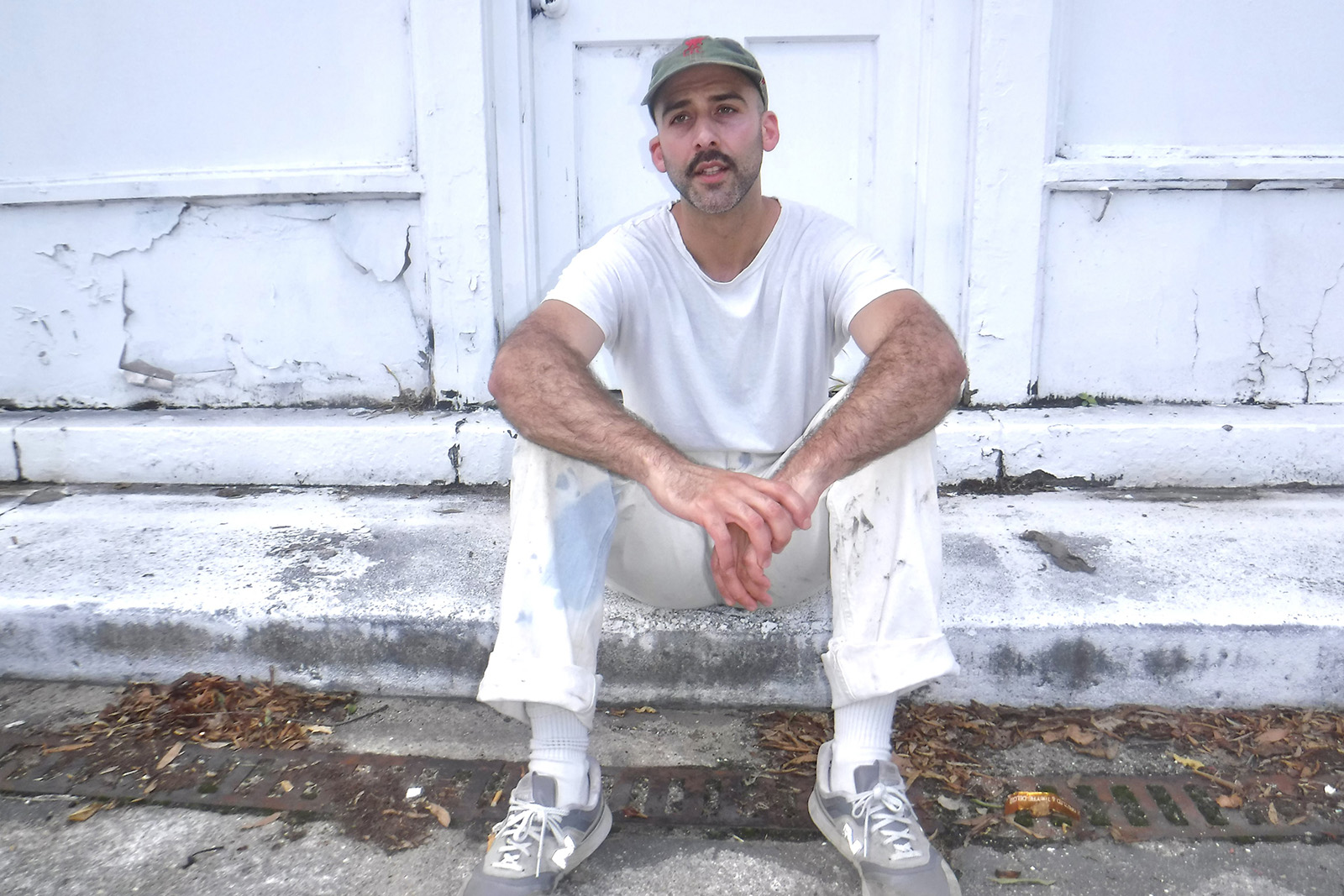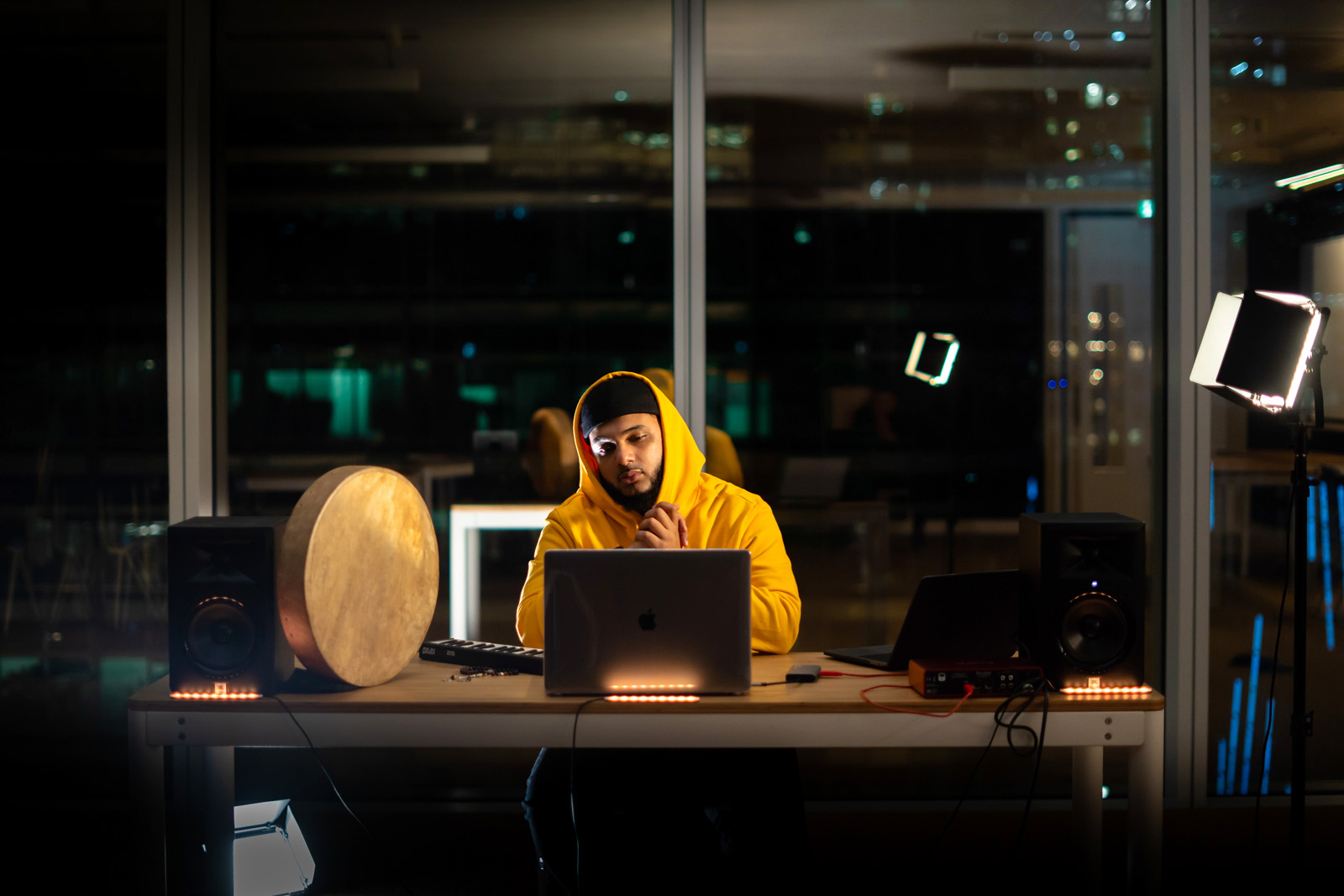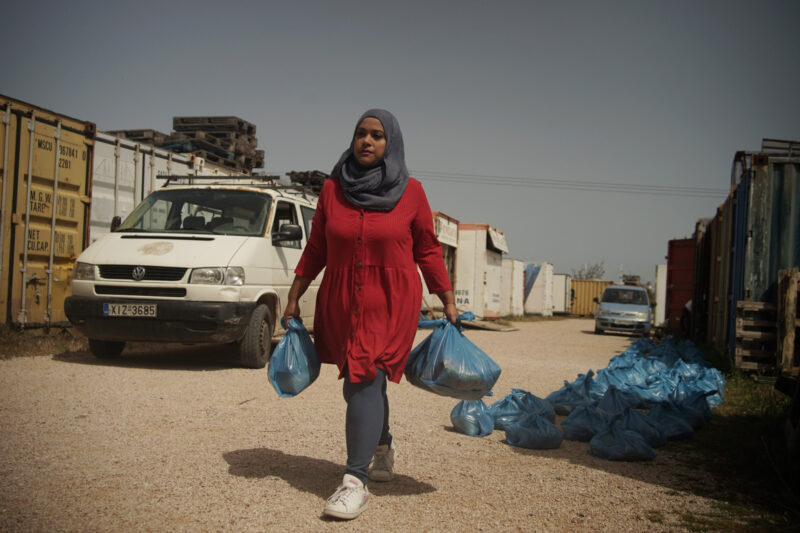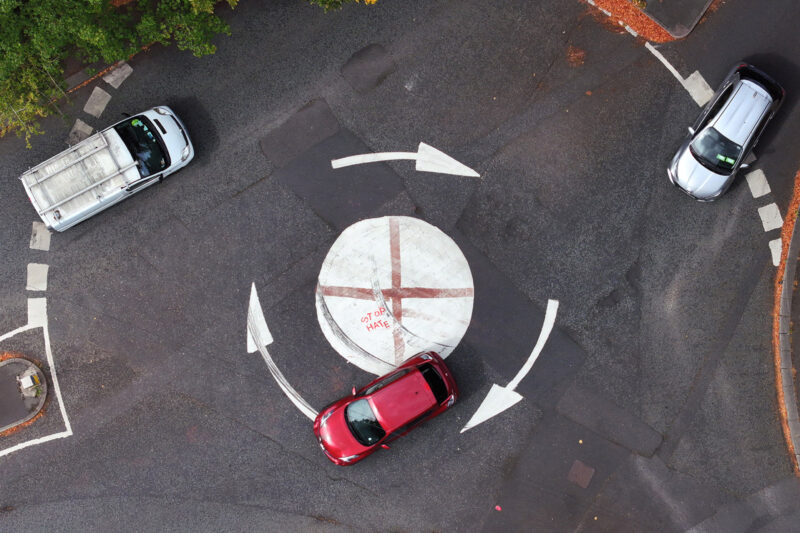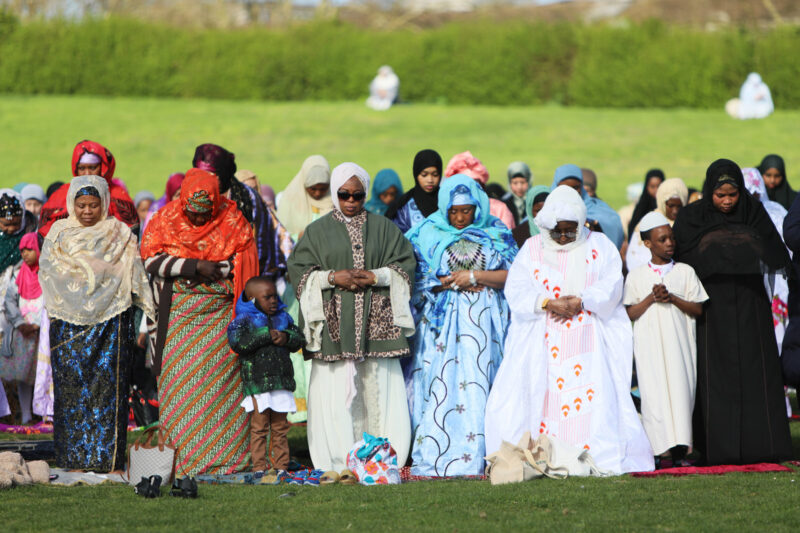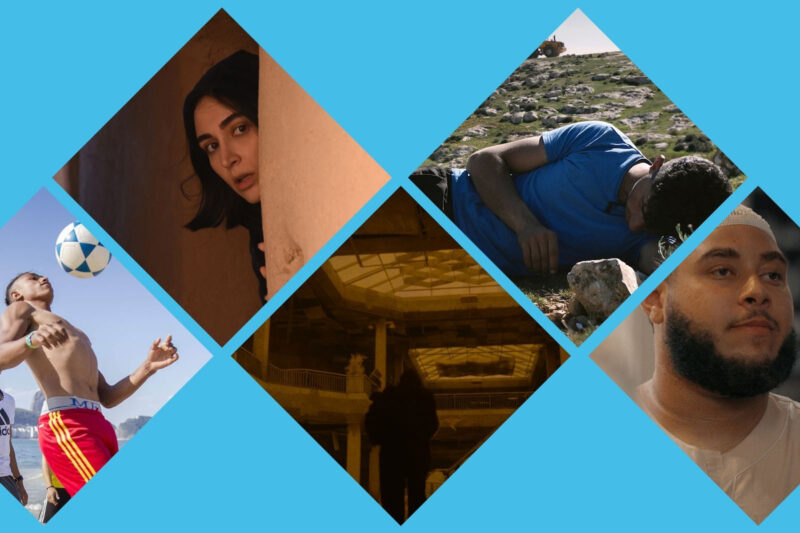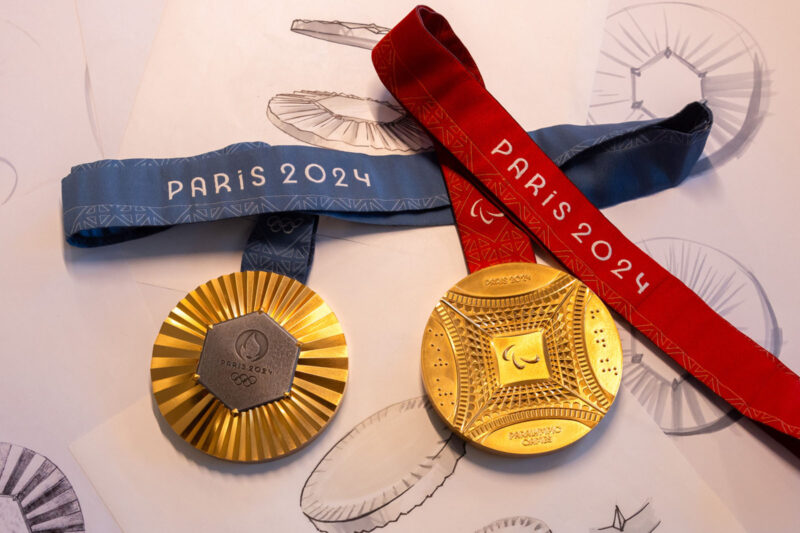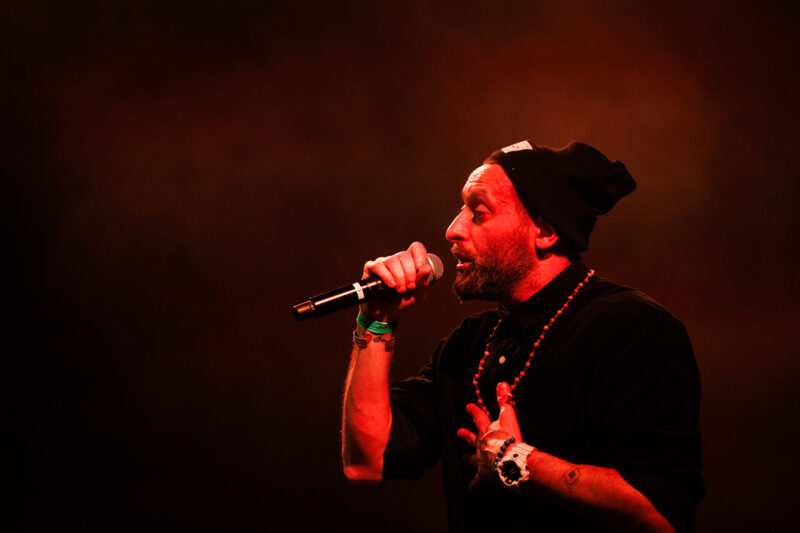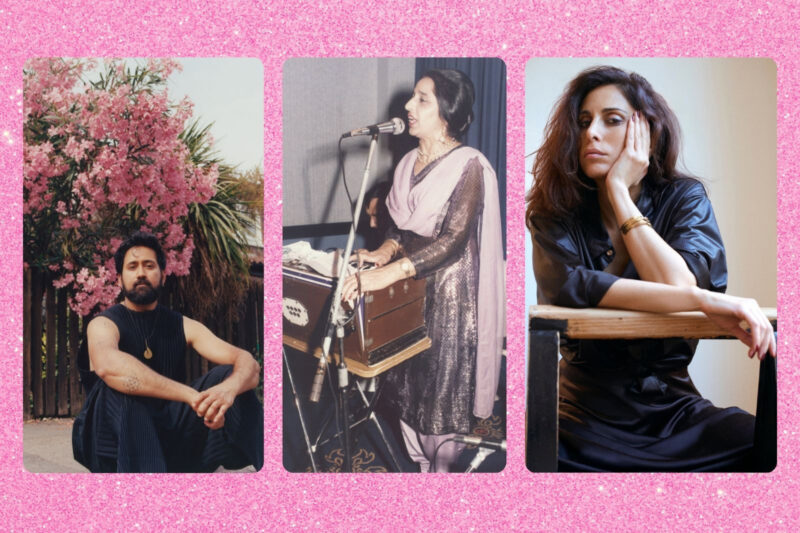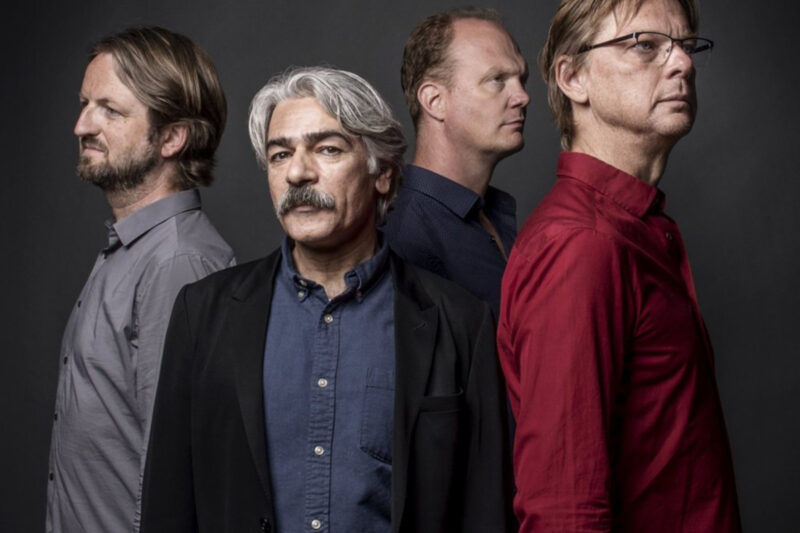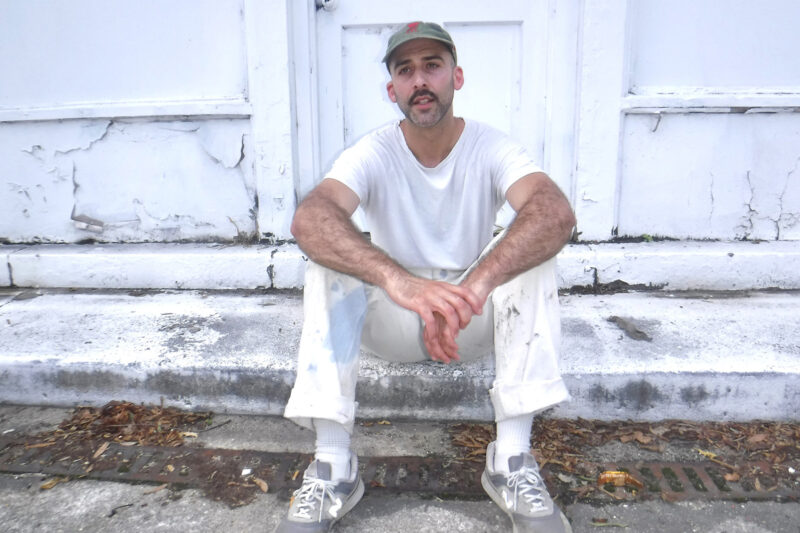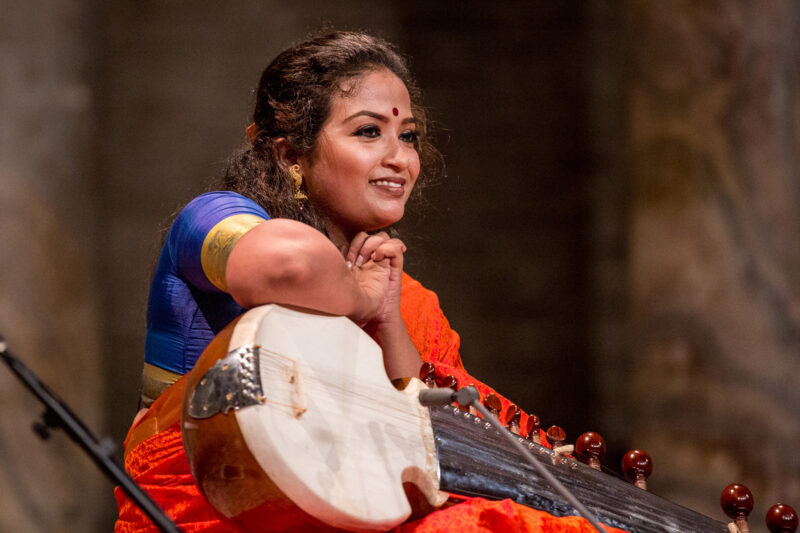Palestinian oud masters Le Trio Joubran want to unify us all against oppression
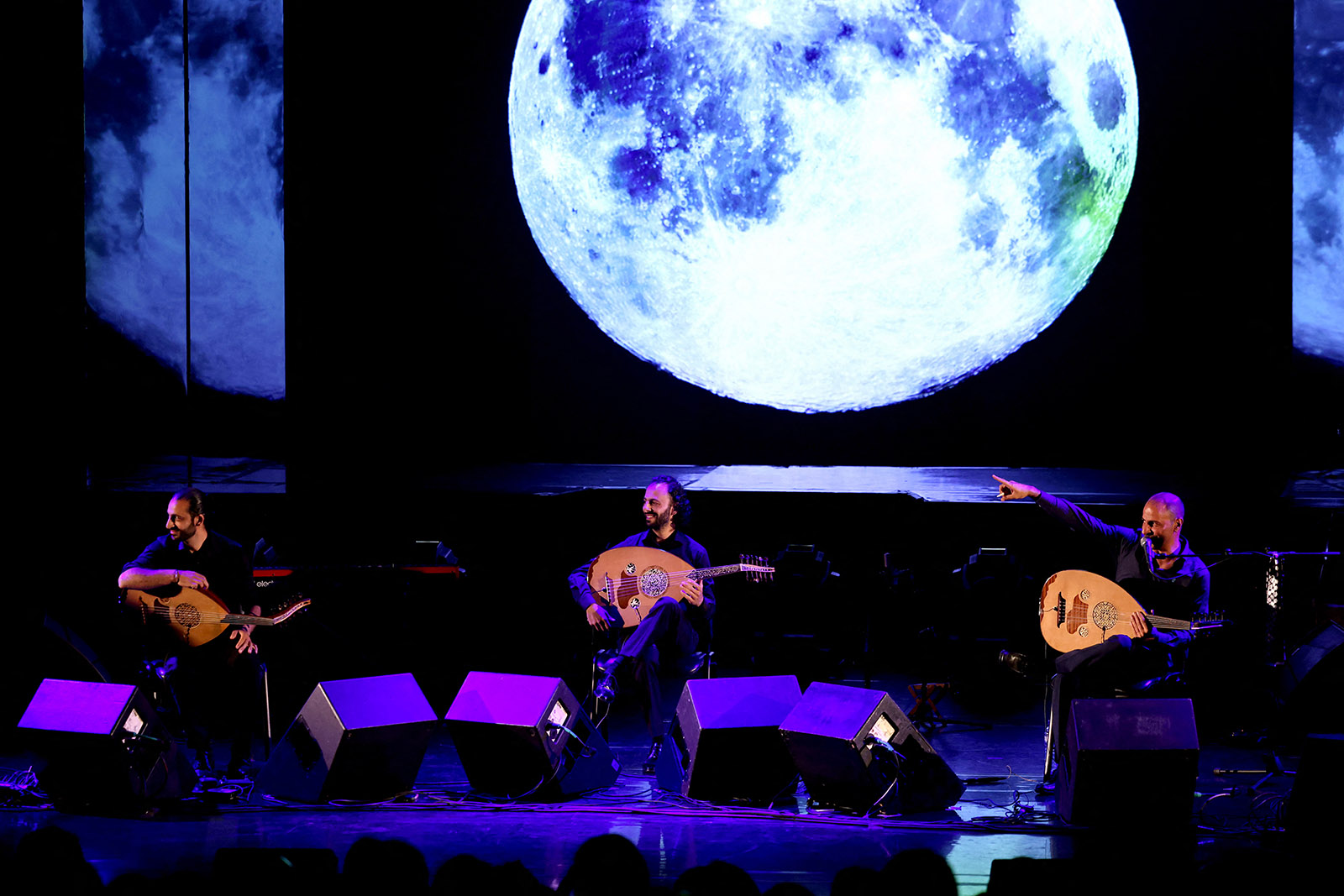
Marking 20 years together, the band of brothers are taking their sound and message on a new European tour
“Le Trio Joubran is no longer a project about myself or my two brothers,” Adnan Joubran says. “It has become about the people of Palestine. It belongs to us all now.”
Since the release of their debut album, Randana, in 2005, Palestinian brothers Le Trio Joubran have received international acclaim as the world’s first professional three-person oud ensemble, selling out New York’s Carnegie Hall and bringing their virtuosic interpretations of Arabic classical music to the United Nations General Assembly.
To mark 20 years together, the trio is embarking on a UK and European tour, including a headline London date at the Barbican on 29 November. While that anniversary is clearly a source of happiness, Joubran, 40, believes that the purpose of the group has fundamentally shifted over the past two years.
“This tour was supposed to be called a celebration of Le Trio Joubran, but we’re embarrassed to say ‘celebration’ with what’s going on in Palestine at the moment,” he says during a recent call from his home studio in north London.
“Previously, I didn’t feel the need to make work directly related to the cause of Palestinian liberation,” he adds. “But in recent years it has become increasingly important to be direct with our message. We need our music and our purpose to unify people in the name of humanity against occupation.”
As a result, both his own recent solo work and the latest recordings by Le Trio Joubran have focused on stories of Palestinian resilience and suffering. On Joubran’s 2024 release Before and After, for instance, field recordings of buzzing drones, rustling trees and children’s laughter from Gaza are blended with moody bass tones and a yearning oud melody. The group’s 2024 single Alternative Silence features poetry by the late Palestinian laureate Mahmoud Darwish, calling listeners to action against the decades of death and war that have ravaged the land and its people.
“I wanted to use historical sounds from Gaza on my track like kids, birds and prayers — all things that aren’t there any more,” Joubran says. “Despite the song’s title, we’re not yet in the ‘after’ of the war. We have been occupied for 80 years and it continues. This music is my pain and suffering in a song and my brothers are expressing the same.”
Growing up in Nazareth as the fourth generation of a family of renowned oudists, the 5,000-year-old string instrument played a central part in the lives of Joubran and his siblings. Their musical education, however, was broad. Eldest brother Samir, 52, studied music at the Muhammad Abdel Wahhab conservatoire in Cairo, while middle brother Wissam, 42, travelled to Italy to study violin-making at the Antonio Stradivari conservatory.
By the mid-90s Samir had established himself as a promising solo talent with the release of his debut album, Taqaseem. In 2002, Samir invited Wissam to perform with him and they began touring as a duo.
Adnan, however, started out wanting to follow a different artistic path. “I thought there were enough musicians in the house and that maybe I could be a director instead, since I loved films,” he says. “I used to tune the ouds for my father’s clients though, so I knew how to play a bit.
“One day when I was 16, someone saw me playing and urged me to enter a local competition he was holding. I went there expecting nothing, improvised for a few minutes in front of the jury and found out I made the final five. I realised I had something to express and, from then on, I devoted myself to practising and becoming an artist.”
Looking to western musicians including Michael Jackson and Carlos Santana for inspiration as much as his family’s own musical heritage, he began to play with his brothers at the age of 18 and, in 2004, the trio made their live debut in Paris.
“I still remember how scared I felt before that concert,” Joubran says. “It was raining and since it was outdoors, I thought it would be called off. I was relieved, but 40 minutes before we were due to start, the sun came out and the show was back on. I only joined my brothers for the final two tracks. Over those few minutes, I went from not wanting to be there to realising this was exactly my place. I have been drawn to the thrill of the stage ever since.”
Two decades on, Le Trio Joubran has released four albums, the most recent being 2018’s The Long March, and collaborated with artists including Roger Waters, Brian Eno and Coldplay. The brothers have also written the scores for several films, harking back to Adnan’s early love of cinema, including the Cannes Prize-winning Adieu Gary (2009) and the Marion Cotillard-starring The Last Flight (2009). In 2016 they also played without interruption for 12 hours at the Cultural Palace in the West Bank city of Ramallah, raising more than $1 million for mobile health clinics in Gaza and the West Bank.
Joubran partly attributes the group’s longevity to the fraternal relationship at its core. “Brotherhood could be seen as a burden, but for us it’s often a solution for difficult situations,” he says.
“Over the years our working relationship has had to change, since we used to all live together in Paris, but now I’m in London, Wissam is in Paris and Samir is in Ramallah, so we have less time together and when we are in the same room, we feel extra pressure to be productive. We have to put our egos aside to make the best music we can.”
Despite the physical distance between them, Joubran and his brothers have been busy generating new ideas and, in July, spent 10 days pulling them all together in his home studio. While they spent time playing as a group, they were reminded of the thrill of live performance.
“We want to go back to the way we used to compose, which is for the stage and the live audience,” he says. “If we can make an excellent show and put it down on record, we will be very happy.”
While many of the trio’s performances tend to rely on improvisation, Joubran explains that the forthcoming dates will present to audiences a more structured “best of” ensemble piece — a celebration of sorts, despite everything.
“It’s our 20 best tracks to honour 20 years of Le Trio Joubran, alongside a string section and percussionists,” he says. “It’s a retrospective, but every time we get to play, no matter the material, we carry the legacy of our family and the responsibility of this instrument with us. We always want to create something that will last decades – music that can convey the same feeling and message 40 years from now as it does today.”
 Newsletter
Newsletter

